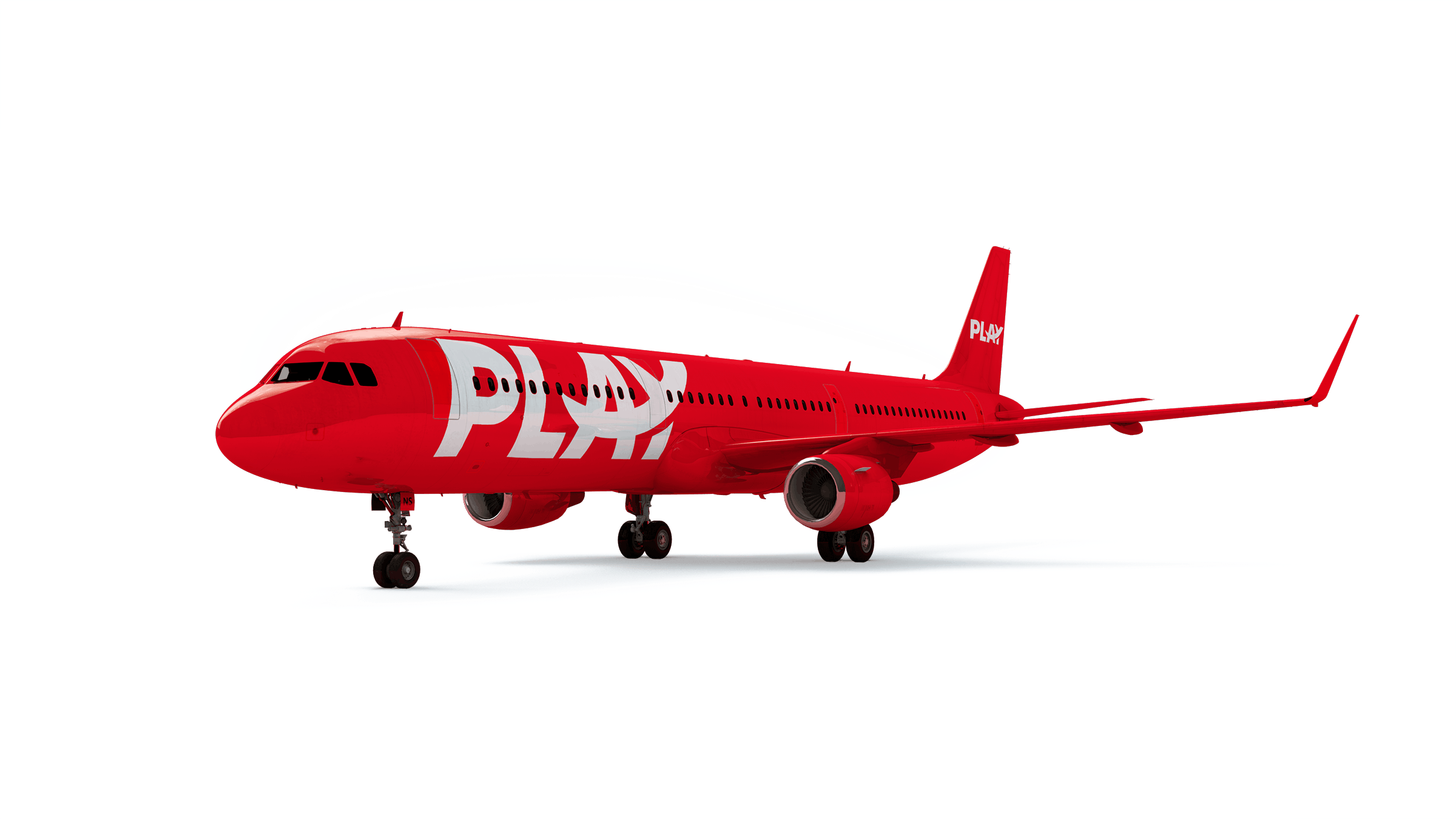Why the last thing the world needs right now is another Icelandic airline
It’s time for some plane talking – how long until investors press ‘pause’ on Play?

Your support helps us to tell the story
From reproductive rights to climate change to Big Tech, The Independent is on the ground when the story is developing. Whether it's investigating the financials of Elon Musk's pro-Trump PAC or producing our latest documentary, 'The A Word', which shines a light on the American women fighting for reproductive rights, we know how important it is to parse out the facts from the messaging.
At such a critical moment in US history, we need reporters on the ground. Your donation allows us to keep sending journalists to speak to both sides of the story.
The Independent is trusted by Americans across the entire political spectrum. And unlike many other quality news outlets, we choose not to lock Americans out of our reporting and analysis with paywalls. We believe quality journalism should be available to everyone, paid for by those who can afford it.
Your support makes all the difference.Rather too often when covering aviation, I find myself thinking, what were they smoking when they decided to put money into that?
During 2011, a trio of transatlantic business class-only start-ups – MaxJet, Eos and Silverjet – folded in quick succession. None could compete with the frequency and frequent-flyer plans of the incumbents, particularly British Airways and Virgin Atlantic.
A more recent (but pre-pandemic example) was Air France’s weird venture in devising a sub-airline for “millennials,” named Joon.
Not even the crew operating its flights could comprehend how Joon could offer “a flying experience that’s both stylish and relaxed” in a way that the “mother brand”, Air France, could not – unless it was those “vitamin-filled smoothies made of 100 per cent fruit”.
When the incoming boss of Air France, Ben Smith, killed off the airline billed as “the new generation of travel”, he was scathing: “The brand was difficult to understand from the outset for customers, for employees, for markets and for investors.”
But nothing in aviation compares with the appetite for launching airlines that compete for market share with the national carrier in a country of just 360,000 souls: Iceland.
The national airline, Icelandair, has been around for decades. Besides some tough times, it has endured an implausible number of competitors.
In 2018, Icelandic-owned Primera Air went bust, blaming late deliveries from Airbus of new A321 jets, and weak demand.
The following year, it was the turn of Wow Air to go spectacularly bust – after assuring passengers and the media that there was someone waiting with a big bag of cash to bail out the airline.
Said holder of money may be behind Play, or WAB as it was previously known – standing for “We Are Back”. It was founded in 2019 by two former Wow Air executives, and plans to start flying on 23 June from London Stansted to Keflavik, the international airport serving the capital, Reykjavik.
Even without Covid-19 draining demand for international travel, it looks an impossible task.
Since the failure of Wow, Wizz Air has moved in and is currently offering £90 return flights between Luton and Iceland in June, way below cost. Wizz can sustain those losses; Play cannot.
I always reserve the right to be wrong. Twenty-six years ago a fax arrived inviting me to the launch of a start-up that proposed to sell tickets from Luton to Glasgow for £29 one-way – at the time a ridiculously cheap price. It appears easyJet survived and thrived.
Equally, I may be misjudging Play. Only time will tell – and I don’t believe we have long to wait.
Join our commenting forum
Join thought-provoking conversations, follow other Independent readers and see their replies
Comments